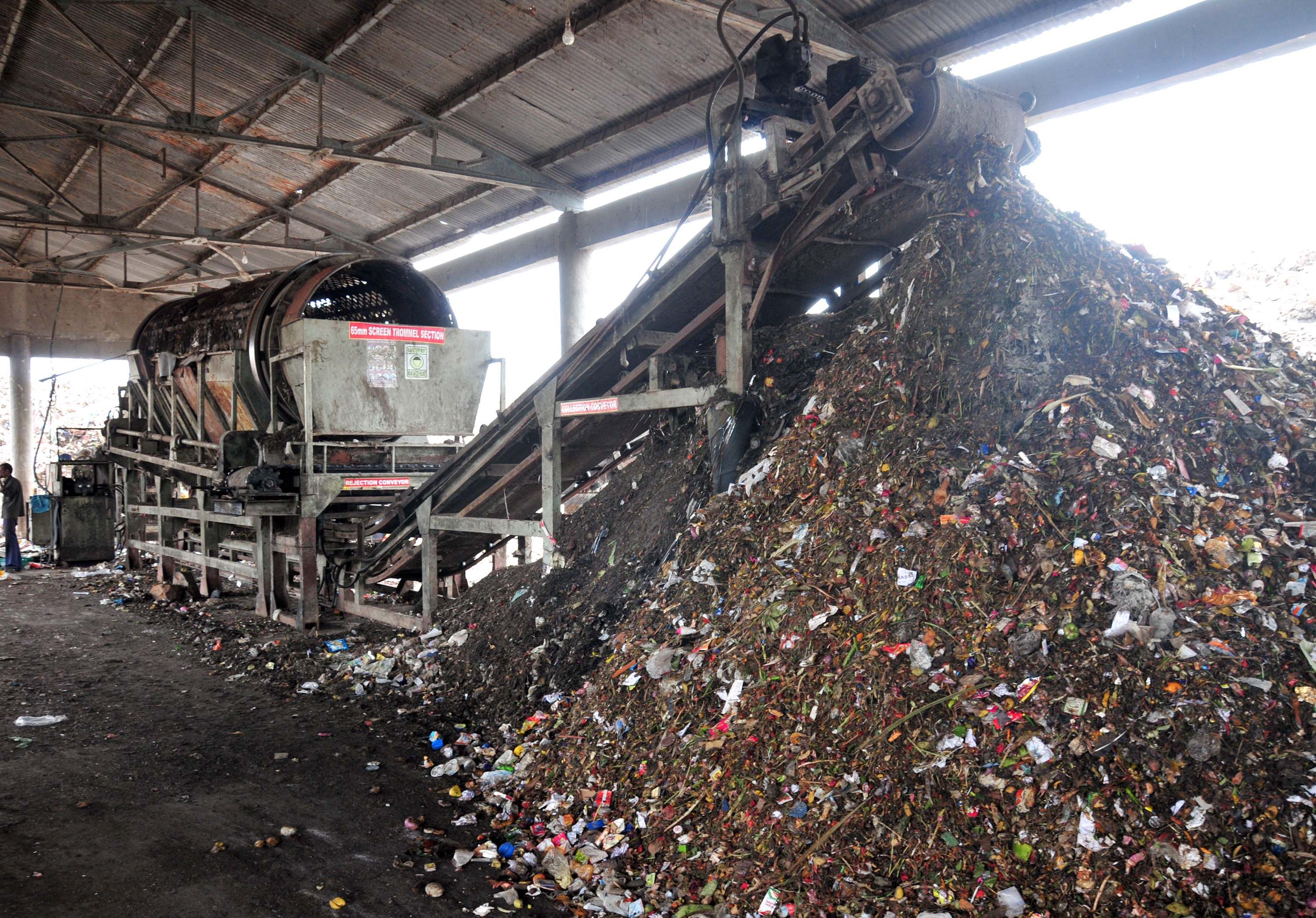
The Urban Development Department has notified the draft Karnataka Municipal Corporation Model Solid Waste Management by-laws, 2018, for all the Urban Local Bodies (ULBs), including BBMP, placing the onus of disposal of waste on the generator.
For the first time, a comprehensive legal and regulatory framework is being put in place encompassing all aspects of waste management, right from its inception to final disposal.
The by-laws include collection, transportation and disposal of waste along with monitoring and regulation. This is also the first time that the by-laws are being framed under the Karnataka Municipal Corporation Act, 1976, thereby giving ULBs teeth to implement provisions, including collecting hefty penalties for violations. Hitherto, rules on solid waste management were being framed under the Environment Protection Act, 1986.
The department has also prepared a Detailed Project Report (DPR) for 278 ULBs in the state, official sources said. Under the by-laws, every waste generator, including bulk waste generators, will be required to segregate solid waste at source into categories - bio-degradable, non-bio-degradable, domestic hazardous, construction and demolition, bulk garden, horticulture and e-waste.
The by-laws also mandate user fee for management of solid waste for various categories and also penalties for violations. The ULBs have been classified under three categories – class - 1 ULBs with a population of over 10 lakh; class -2 ULBs with a population between 1 lakh and 10 lakh and class-3 ULBs with a population less than 1 lakh. The user fee and penalties vary depending on the category of the ULBs. The user fee and penalties are collected by the ULBs.
The penalties for violation of the by-laws are quite hefty. For instance, littering in a category- 2 ULB will attract a fine of Rs 1,500, which is a multi-fold increase compared to Rs 100 fine for the first offence and Rs 200 for the second offence which at present is being collected under the Solid Waste Management Rules, 2000. Similarly, the fine for non-segregation of waste by a non-bulk generator is Rs 5,000, up from the existing fine of Rs 500.
The by-laws will come into effect once the department notifies it in the official gazette.
Permission for social gatherings
Social gatherings and events attended by more than 100 people in public places may soon need the permission of the jurisdictional ULB, at least three days in advance, according to the new draft by-laws. The organisers will have to ensure that all solid waste generated is disposed of within 24 hours of completion of the event. The services of the ULB for the same can also be availed by paying a fee fixed by the local body.
The by-laws define the gatherings as those held at public places, including processions, exhibitions, circus, fairs, political rallies, commercial, socio-cultural events, protests and demonstrations.
However, it does not apply to marriages held in 'choultries', for which rules already exist. In case the organisers wish to avail the services of the ULB for cleaning, collection and transportation of the solid waste, they can apply for the same by paying a fee as fixed by the local body in advance.
Even if the organisers decide to dispose of the solid waste generated on their own, they will have to remit a “cleanliness deposit” with the ULB which will be refundable on inspection.
The deposit will be refunded only if the solid waste generated is segregated, collected and transported to designated sites in accordance with provisions of the by-laws. The by-laws state that if the public place is not restored with 24 hours of the completion of the event then the cleanliness deposit will be forfeited.